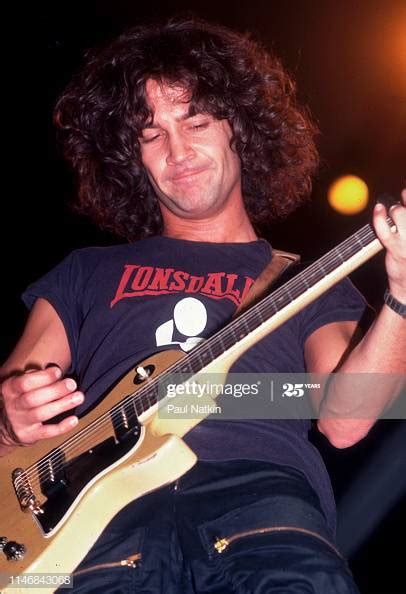A Quote by Jason Mraz
When you play a smaller, more intimate venue, you can have real conversations with your audience, take risks, and stay current. You can also change the set list, on how the day feels or how the audience reacts. When you do arena shows, every arena looks and feels the same. You can't see who is in the room.
Related Quotes
When I can do an acoustic set, I can sit down and sing. And then when I have a huge arena full of people, there's nothing like that. It's the coolest feeling in the world, but I also like to play small intimate shows because I feel you can connect a little more. And that's something I had to learn - how to connect to a big audience versus the small one.
I love watching audiences scream. I imagine it's the same joy that a director feels who has made a comedy when he or she is sitting at the back of a theater listening to the audience laugh. That sound of laughter is so sweet to a comedy director and that's exactly how a horror film feels when you hear the audience scream.
If I can stay healthy, then I can wrestle every single week. I want to make every single town that I can, see the whole world, feel every crowd in every arena, and pull those emotional strings. I can't explain what it feels like to be in the center stage connecting with thousands of people, but I'm having the best time doing it.
Hearing your voice and your instrument kind of breathe in the room, it affects the way you perform the songs. For instance, if you have that reverb, you can give the songs a little more space. You can play them a little slower or you can play less of the guitar part and just let it open up, which I really love. It's so nice to play a listening room, because the audience feels a certain way too.
I gravitate towards anything that feels challenging to me, that feels like it's gonna be saying something a bit different and new to the audience, and anything that moves me. I do movies that I would want to see, so I don't necessarily gravitate towards any genre in particular. I just try and do the best work I can and also try to keep the audience guessing.



































